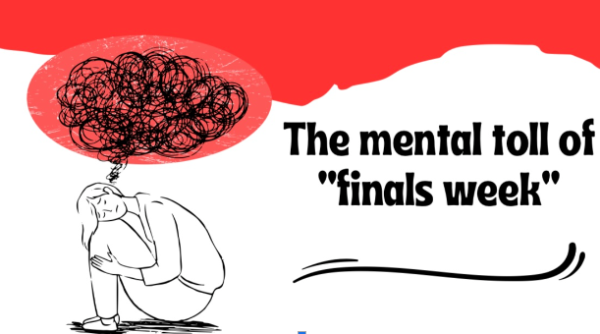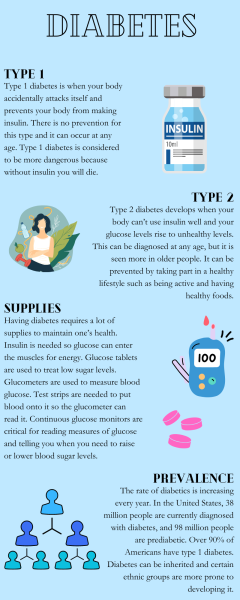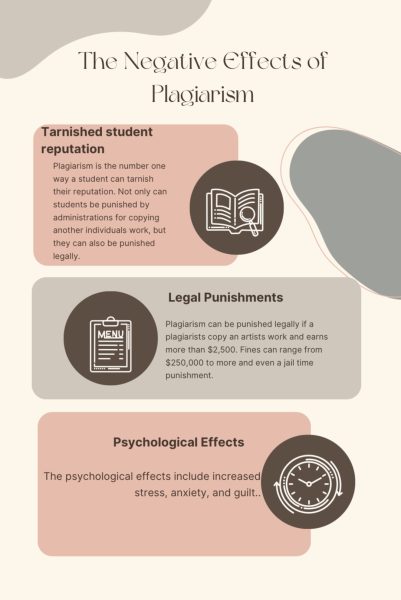New year, nothing new
Most New Years resolutions are given up on within the first month.
January 27, 2020
After an eventful year, people around the world breathed sighs of hope and relief as the clock turned midnight on December 31 of 2019. Finally, a fresh start and a clean slate to make improvements and fix their lives. Many of them scribbled down their New Year’s resolutions or posted about them on social media.
Unfortunately, most of them wasted their time.
Forbes reported that around 40% of Americans make resolutions, but 80% of them have given up within 30 days. By the end of the year, only 8% have actually followed through and accomplished their resolution. The reason for these shortcomings goes far beyond a lack of motivation or time.
According to a poll conducted by NPR, PBS and Marist Poll, the most popular resolutions are losing weight, dieting and exercising. They all follow a common theme; self- hatred. This proves that the cultural pressure to improve every year stems from a negative place. Besides that, insecurity is not a good motivator. Focusing on the worst parts about themselves only defeats people quicker because they attribute their self-worth to their ability to accomplish the goal rather than finding it in the process.
More broadly, the most popular resolutions are all rooted in diet culture and capitalism. Fatphobia is rampant in society which is shown in the ideals promoted by diet culture. Losing weight and wanting to exercise or eat less in order to “look healthy” will only lead to more self-hatred, not self-improvement. It revolves around the assumption that thinness is equal to health and happiness and subsequently that health is an indicator of self-worth.
Additionally, it’s not a coincidence that gyms advertise so much during the new year and a hoard of self-help books are published. Diet and exercise companies profit off everyone’s insecurities and leave them thinking that a gym membership or diet program subscription will change or motivate them. It almost never works yet people fall for the same marketing tactics every year.
Hustle culture, or the societal pressure to constantly be working and “hustling”, also peaks during the new year as shown by resolutions that revolve around conventions of “productivity and efficiency”. People commonly resolve to work harder, earn more money or get promotions. These values and goals reinforce a toxic ‘hustle culture’ that prioritizes work and improvement over rest and ease, which are both critical to mental health especially for high schoolers, and this constant idea of productivity that are reinforced by resolutions are a reason for ultimate burnout that leads to resolutions failing because people lose stamina.
Even the more well-intentioned resolutions tend to fall short in execution. One of the primary reasons for this is that people are afraid to fail even though, particularly with long-term goals, failure is inevitable. People give up so quickly in the year because they set (often unrealistic) goals like working out every day and then completely quit as soon as they miss one day or one weekend. As reported by Psychology Today, people who are afraid of failure from the beginning tend to put their energy into avoiding failure rather than on actually improving. They also typically have lower standards or less effective ways to measure their progress and may engage in “self-handicapping,” or creating obstacles to get in their own way as an excuse. Anyone who wants to accomplish a goal needs to be willing to misstep if they expect to make big changes.
Many resolutions also fall short because they were unrealistic, vague or otherwise poorly made to begin with. Setting a goal without a deadline or way to track progress can’t yield results, and focusing on an outcome rather than on cultivating habits is only going to lead to disappointment and wasted time. Clearly, there are a lot of things that aren’t working with resolutions, but luckily there are plenty of alternatives.
One idea that’s become popular in recent years is the idea of coming up with a word for the year such as positivity, gratitude or serenity. Rather than demanding a result, these words help guide someone’s decisions and mindset throughout the year, and they are far more personal and relevant than the typical resolution.
Monthly micro-resolutions have also been trending. With this approach, smaller goals or focuses are chosen each month, such as money or creativity, which are more achievable than yearly resolutions and keep things more interesting and varied throughout the year.
Lastly, the SMART goal method, widely despised by many students forced to create new ones every semester, is one of the most effective frameworks. SMART stands for specific, measurable, achievable, relevant and time-bound. It confronts almost every reason that New Year’s resolutions generally fail as it encourages people to adopt personal but reachable goals with an action plan and due date for getting them done. All of these ideas provide their own benefits and opportunities. More importantly, all of them are more specific, personal or achievable than simply making a resolution at the beginning of the year.
There’s nothing wrong with wanting to make long-term improvements. Even if the popular New Year’s adage of a ‘fresh start’ is an arbitrary cultural construct, it allows us to reflect and reevaluate our values and hopes. However, people are going about making resolutions the wrong way and wasting their time. It’s time to ditch resolutions for something new this New Year.

















